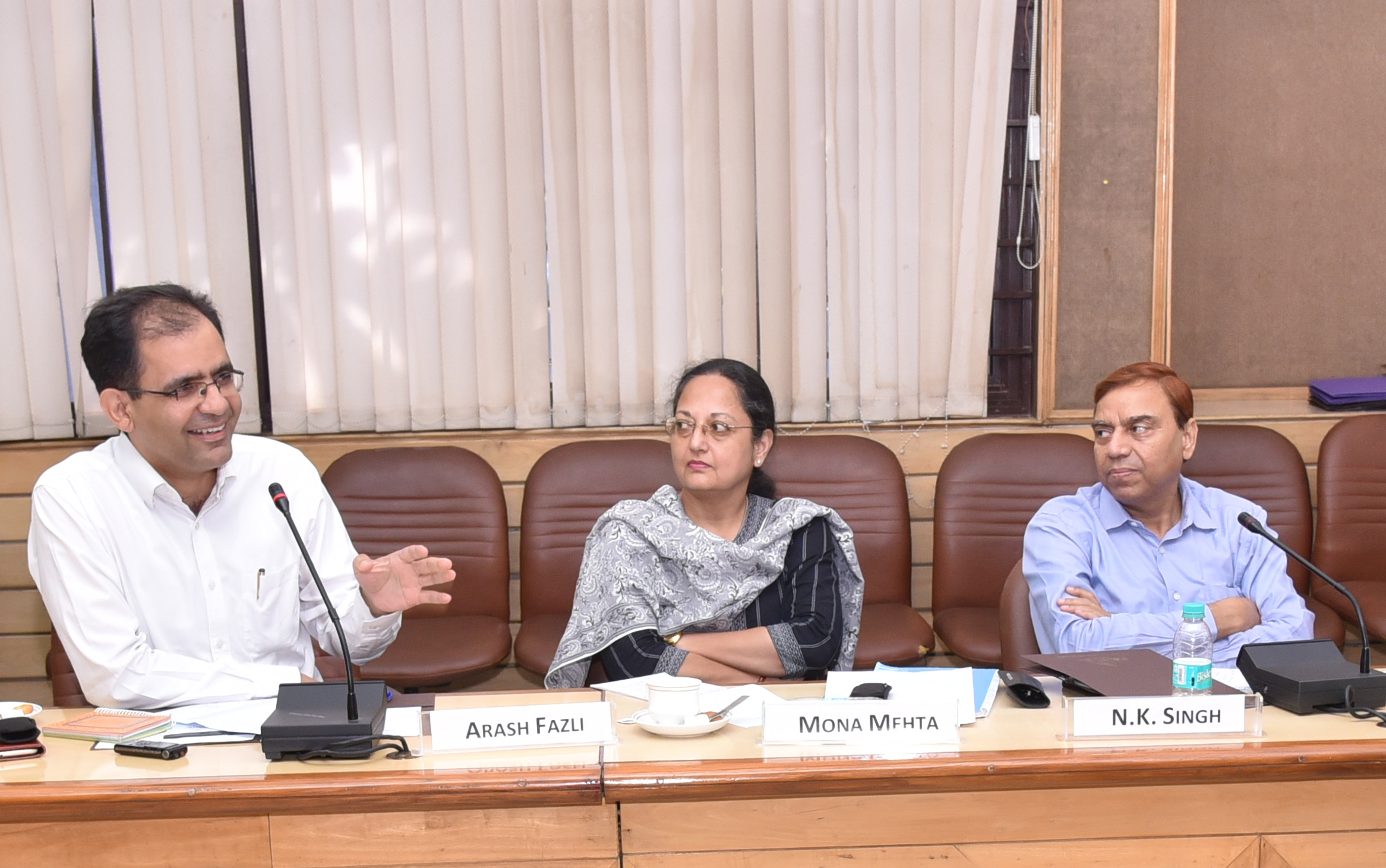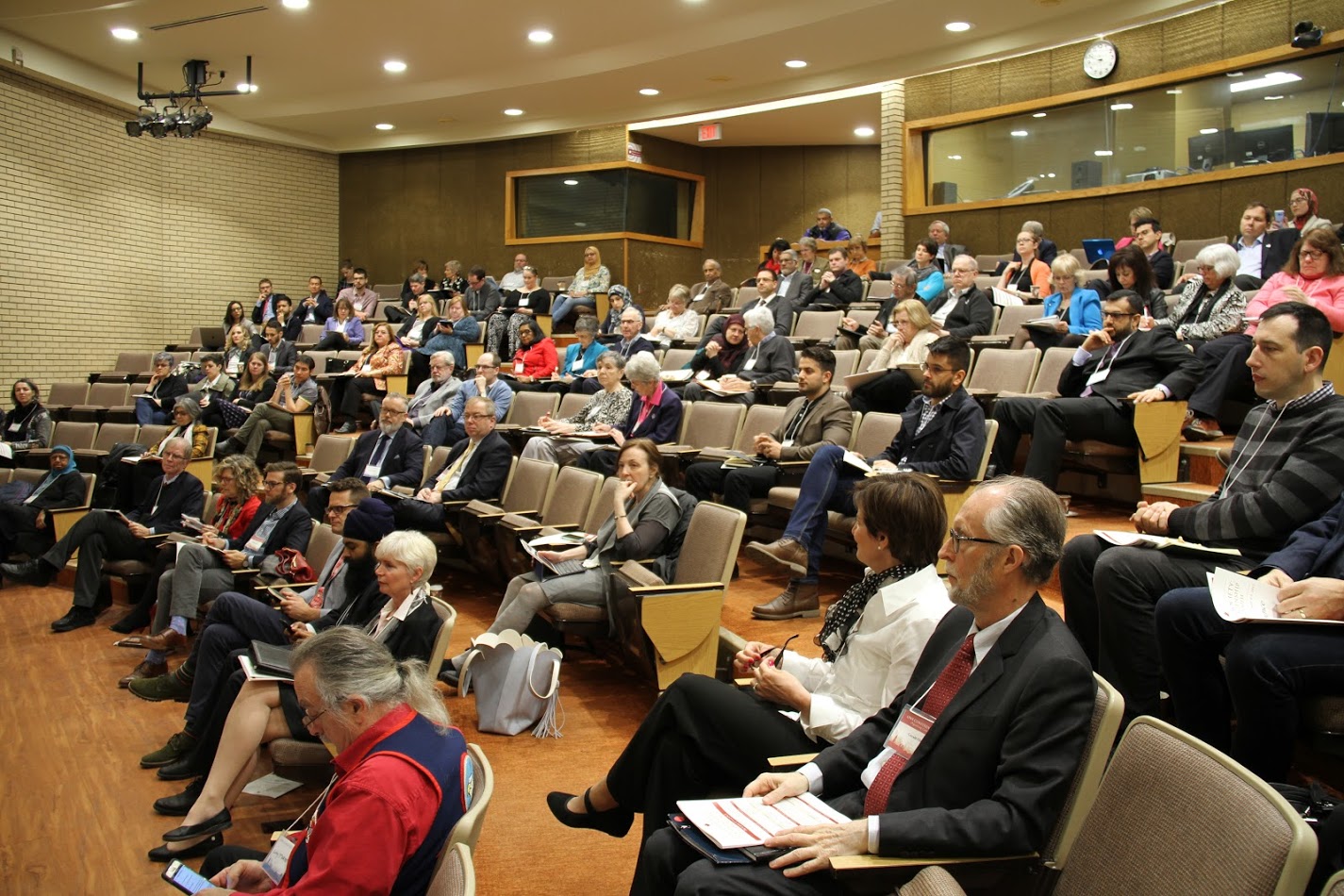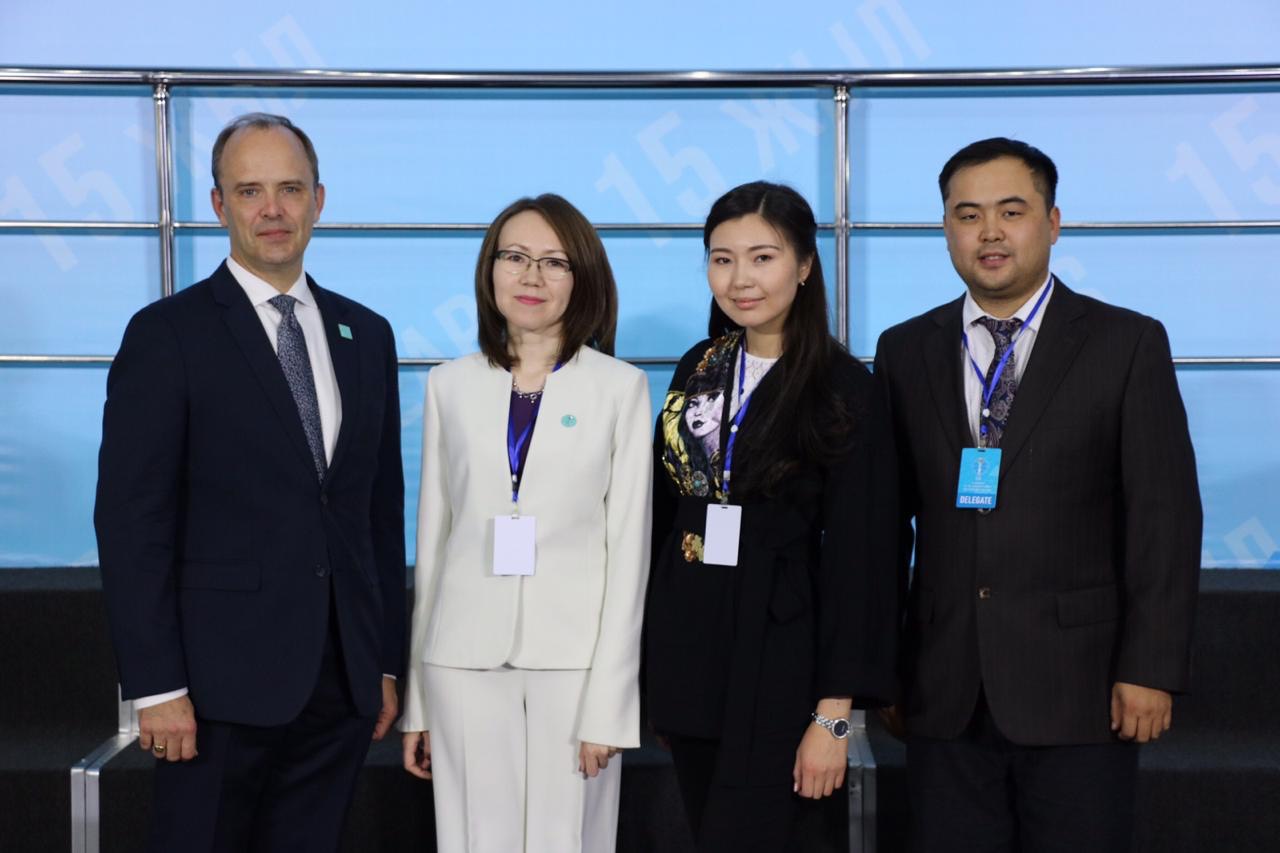The accelerating movement of populations across borders, increasing religious diversity, growing interreligious tensions, sectarian violence, youth discontent and vulnerability to radicalization: these and other factors are combining to bring religion to the forefront of discourse in virtually every region of the world and on the international stage.



Representatives of a number of national Baha’i communities recently gathered at the Baha’i World Centre to reflect on the past several years of experience learning about participation in the discourses of society. The Baha’i World News Service took the opportunity to interview groups of representatives about the experiences and insights they have gained in this area of endeavor. Listen to the second of these conversations in this week’s story. Part one is available here.
Conscious of the forces of change sweeping across their societies, societal leaders are pursuing constructive ways to address humanity’s most pressing challenges. In this context, some governments, scholars, prominent thinkers, and civil society actors have sought to better understand the positive contributions that religion and faith communities can make to society.
“There was a time in Canada when it was assumed that religion would fade away,” Geoffrey Cameron says in the podcast. “Notwithstanding the relative degrees of prosperity and progress in the world, our societies face immense social, political, and cultural challenges. And it’s hard to think that those challenges can be overcome without honestly engaging the insights that exist within religion. We have to look for new ways to talk about religion, not only as it contributes to our own personal lives but also how it relates to the social transformation of our communities.”
“We need to gain this unifying vision of the role of religion in society,” explains Lyazzat Yangaliyeva, from Kazakhstan. A generation ago, that country emerged out of the former Soviet Union and its government-mandated scientific atheism. As a multi-faith nation today, Kazakhstan is trying to draw on religion’s constructive powers for the betterment of society. “We are exploring what an important role religion can play in, for example, strengthening morality among youth or in coping with the different social challenges that our country now faces, such as corruption.”
Reflecting on the current reality in India, Arash Fazli adds: “In the past decade or so, to some extent, the question of religion has been tied to the question of social cohesion and unity. And partly this is because of the increasingly loud and brazen voices from within extreme religious fundamentalist groups who have become more and more dominant in the public domain.”
“So, when we started to think about how to have a meaningful engagement with other social actors on the role of religion in society, we found the most ready theme that needed to be addressed was this question: how can we dispel the various misconceptions about religion that cause disunity between religious communities and how can we, in a sense, put out there a conception of religion that is actually unifying?”
In this podcast episode, Dr. Cameron, Ms. Yangaliyeva, and Dr. Fazli are interviewed by Rachel Bayani, who also draws on her experience as the representative of the Baha’i International Community Brussels Office.
This is a reposting of a Baha’i World News Service article, originally published 27 December 2018.

